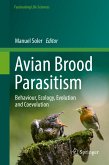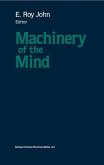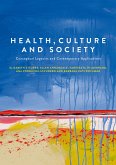Dieser Download kann aus rechtlichen Gründen nur mit Rechnungsadresse in A, B, BG, CY, CZ, D, DK, EW, E, FIN, F, GR, HR, H, IRL, I, LT, L, LR, M, NL, PL, P, R, S, SLO, SK ausgeliefert werden.
"This edited, 22-chapter volume organizes contributions by experts from a wide range of disciplines ... to address the origins and evolution of human universals--specifically, those behavioral and cognitive features that make humans a distinct species from other primates. ... In looking for evidence of both convergence and common descent in specific traits, as is common in comparative primatology, contributors make a very strong effort to evaluate the available evidence for evolutionary continuity in human social behavior. ... Summing Up: Recommended. Upper-division undergraduates through researchers/faculty." (R. A. Delgado Jr., Choice, Vol. 47 (11), August, 2010)
"Mind the Gap, Tracing the Origins of Human Universals ... a collection of contributions dealing with the issue of human uniqueness from a multidisciplinary perspective. ... Mind the Gap brings together most of the 'hot' topics in primatology, along with interesting contributions from cultural anthropology, and, notably, draws our attention to two critical and frequently omitted aspects of comparative research, namely the importance of studying species that are evolutionarily distant from humans, and not only the great apes, and the need for more cross-cultural research." (Elsa Addessi, Metascience, Vol. 20, 2011)









